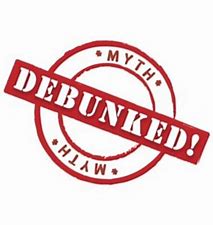There has been a remarkable amount of misinformation and false information published, presented, and distributed regarding parental alienation. Much of this information has been explained and refuted in the following resources:
- Bernet, W. (2015). Parental alienation: Misinformation versus facts. Judges’ Journal, Summer 2015: 23–27.
- Bernet, W. (2020). Parental alienation and misinformation proliferation. Family Court Review, 58(2):293–307.
- Bernet, W., & Baker, A. J. L. (2013). Parental alienation, DSM-5, and ICD-11: Response to critics. Journal of the American Academy of Psychiatry and the Law, 41:98–104.
- Lorandos, D., & Bernet, W. (2020). Parental Alienation: Science and Law. Springfield, IL: Charles C Thomas.
- Warshak, R. A. (2015). Ten parental alienation fallacies that compromise decisions in court and in therapy. Professional Psychology, Research and Practice, 46(4): 235–249.
